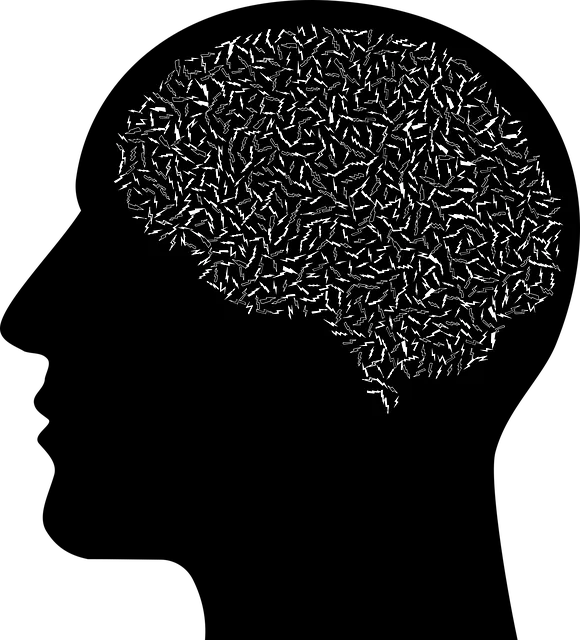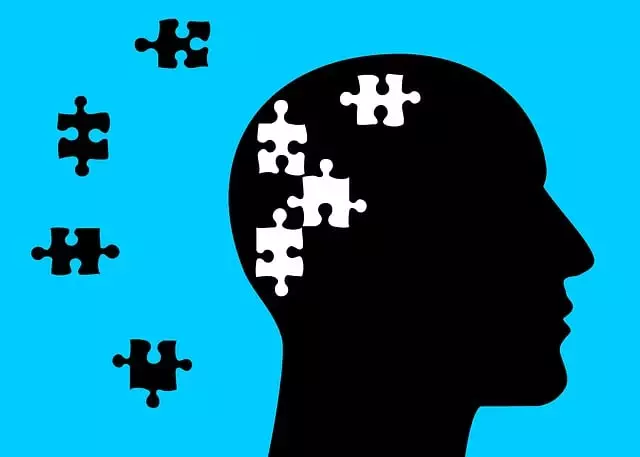The Golden Kaiser Permanente mental health department stands out for its strong emphasis on cultural sensitivity, recognizing that diverse cultural contexts significantly shape mental health experiences. They've developed innovative strategies and training programs, such as Social Skills Training, Mental Wellness Journaling Exercise Guidance, and Risk Assessment, to help professionals navigate these differences effectively. This approach fosters genuine connections, enhances trust, and improves outcomes for patients from various backgrounds, making the Golden Kaiser Permanente department a leader in culturally responsive mental health care.
Cultural sensitivity is a cornerstone of effective mental healthcare, ensuring equitable and inclusive treatment for diverse patient populations. This article explores this vital aspect through multiple lenses. We delve into the impact of cultural biases in clinical settings, focusing on the Kaiser Permanente Mental Health Department’s efforts to combat these issues. Golden rules for culturally responsive practice are presented, backed by real-world strategies from Kaiser’s experience. Additionally, we highlight successful navigation of diverse populations and demonstrate how enhancing patient outcomes through continuous cultural sensitivity improvement benefits all.
- Understanding Cultural Sensitivity: A Cornerstone of Mental Healthcare
- The Impact of Cultural Biases in Clinical Settings: Uncovering the Kaiser Permanente Mental Health Department's Role
- Golden Rules for Culturally Responsive Practice: Strategies for Mental Health Professionals
- Navigating Diverse Populations: Case Studies from Kaiser Permanente's Experience
- Enhancing Patient Outcomes: Continuous Improvement in Cultural Sensitivity at Kaiser Permanente Mental Health
Understanding Cultural Sensitivity: A Cornerstone of Mental Healthcare

Cultural sensitivity is a cornerstone of effective mental healthcare, reflecting the profound impact that cultural context can have on an individual’s experience and expression of mental health issues. In an institution like Kaiser Permanente, with a diverse patient population, such awareness is not merely desirable but essential. The Golden Kaiser Permanente mental health department prioritizes this through comprehensive training programs that equip professionals with the skills to navigate the intricate web of cultural nuances.
Social Skills Training, Mental Wellness Journaling Exercise Guidance, and Risk Assessment for Mental Health Professionals are integral components of this approach. By fostering an environment where cultural sensitivity is deeply ingrained, Kaiser Permanente ensures that every patient receives care tailored to their unique background, promoting genuine connection, understanding, and ultimately, better outcomes.
The Impact of Cultural Biases in Clinical Settings: Uncovering the Kaiser Permanente Mental Health Department's Role

In clinical settings, cultural biases can significantly impact mental healthcare practices, potentially hindering effective treatment and recovery for patients from diverse backgrounds. The Golden Kaiser Permanente mental health department has taken a pivotal role in addressing this pressing issue. By recognizing the profound influence of culture on emotional healing processes, the department has implemented innovative communication strategies to bridge the gap between care providers and patients from various ethnic, racial, and cultural groups.
These strategies not only enhance understanding but also foster an environment conducive to open dialogue and trust. As a result, the Kaiser Permanente mental health department has become a beacon of hope for many, offering not just medical treatment but also tailored support that respects and incorporates individual cultural values and beliefs. This holistic approach extends beyond conversation to include the integration of traditional healing practices and stress reduction methods, ensuring that patients receive care that resonates deeply with their personal experiences and needs.
Golden Rules for Culturally Responsive Practice: Strategies for Mental Health Professionals

Mental healthcare professionals must embrace cultural sensitivity as a cornerstone of their practice to provide effective and equitable care. The Golden Rules for Culturally Responsive Practice offer a framework to guide mental health experts in navigating diverse patient populations. These rules emphasize the importance of Golden Kaiser Permanente mental health department number accessibility, where services are tailored to meet the unique needs of various cultural backgrounds.
One strategy involves integrating Mental Health Education Programs Design to enhance cultural competence. Training programs should equip professionals with knowledge about different cultural contexts, beliefs, and practices related to mental health. Additionally, conducting thorough Risk Assessment for Mental Health Professionals is vital to identify potential challenges and biases that may impact patient care. By adopting evidence-based Stress Reduction Methods, practitioners can create a safe and supportive environment, fostering open communication and promoting healing for all individuals, regardless of their cultural identity.
Navigating Diverse Populations: Case Studies from Kaiser Permanente's Experience

Navigating diverse populations is a complex yet essential aspect of mental healthcare practice, as evidenced by Kaiser Permanente’s extensive experience. The Golden Kaiser Permanente mental health department has encountered a wide range of cultural backgrounds and beliefs among its patient population, requiring a nuanced approach to treatment. Case studies from this leading healthcare provider offer valuable insights into the challenges and successes of providing culturally sensitive care.
By examining various case studies, mental health professionals can gain a deeper understanding of how cultural differences impact mental well-being and treatment outcomes. For instance, cultural norms surrounding emotional expression, family dynamics, and help-seeking behaviors vary widely. Kaiser Permanente’s experts emphasize the critical role of risk assessment tailored to these diverse populations. Implementing effective crisis intervention guidance that respects cultural contexts builds trust and enhances the confidence of both patients and providers, fostering a more inclusive and supportive environment for all individuals seeking mental healthcare services.
Enhancing Patient Outcomes: Continuous Improvement in Cultural Sensitivity at Kaiser Permanente Mental Health

At Kaiser Permanente mental health department, recognizing the profound impact of cultural sensitivity on patient outcomes has been a driving force behind continuous improvement initiatives. Through dedicated training programs and ongoing educational workshops, healthcare professionals are equipped with the knowledge and skills to navigate diverse cultural backgrounds, ensuring every patient receives personalized care that respects their unique traditions and beliefs.
This commitment extends beyond words to action, reflected in tailored services such as Mental Wellness Journaling Exercise Guidance and Crisis Intervention Guidance, all aimed at fostering inclusive environments. By integrating these practices, Kaiser Permanente mental health professionals actively contribute to heightened Mental Health Awareness, fostering understanding and empathy within the healthcare system and ultimately enhancing patient outcomes.
Cultural sensitivity is a key component of effective mental healthcare, as evidenced by Kaiser Permanente’s ongoing efforts to improve outcomes for diverse patient populations. By implementing golden rules and strategies, such as those outlined in this article, mental health professionals can navigate the complexities of cultural differences and provide more inclusive, responsive care. The success at the Kaiser Permanente mental health department serves as a testament to the positive impact of culturally sensitive practices, highlighting the number of ways it enhances patient outcomes and creates a more supportive environment for all individuals seeking mental health services.






